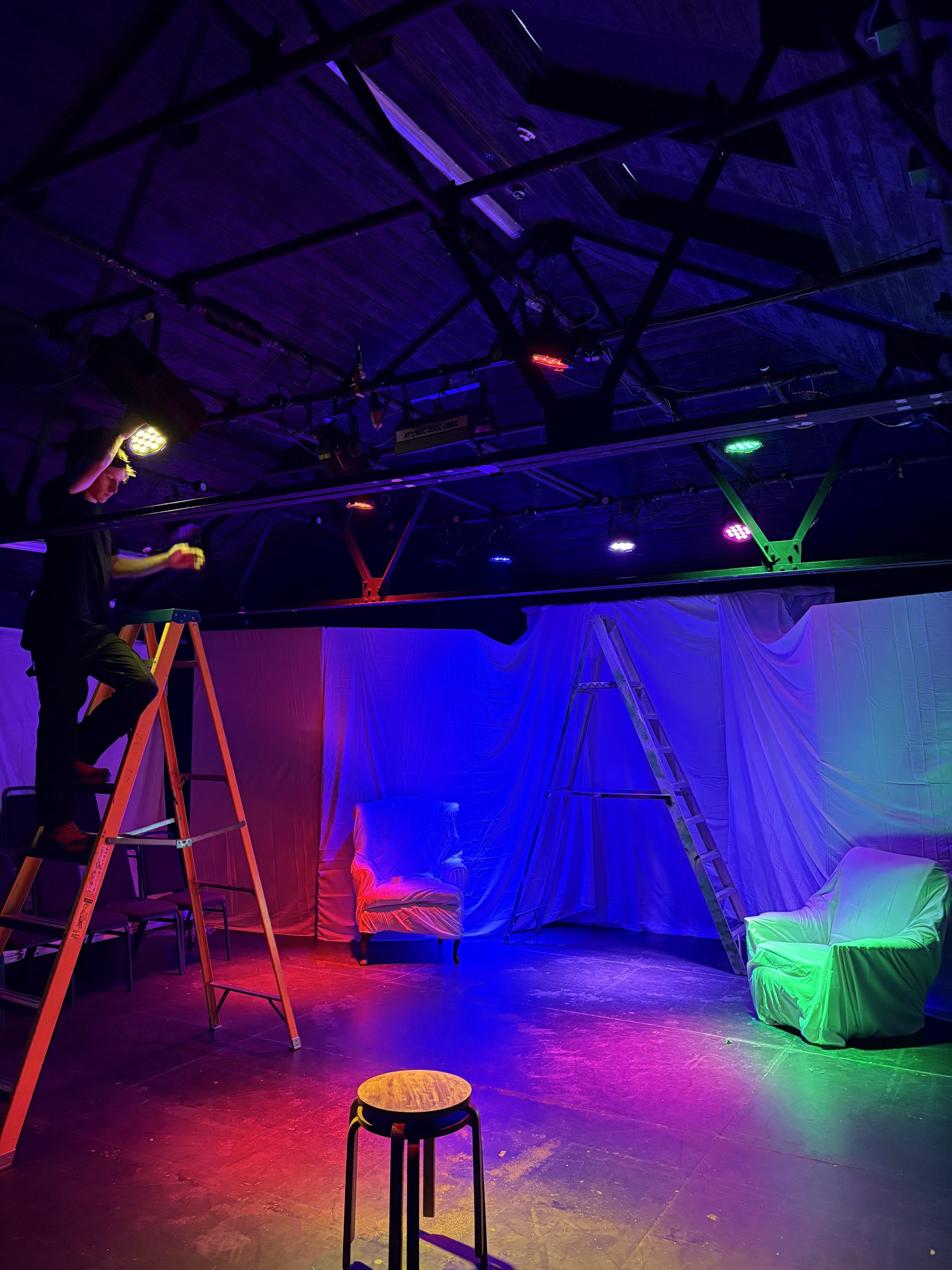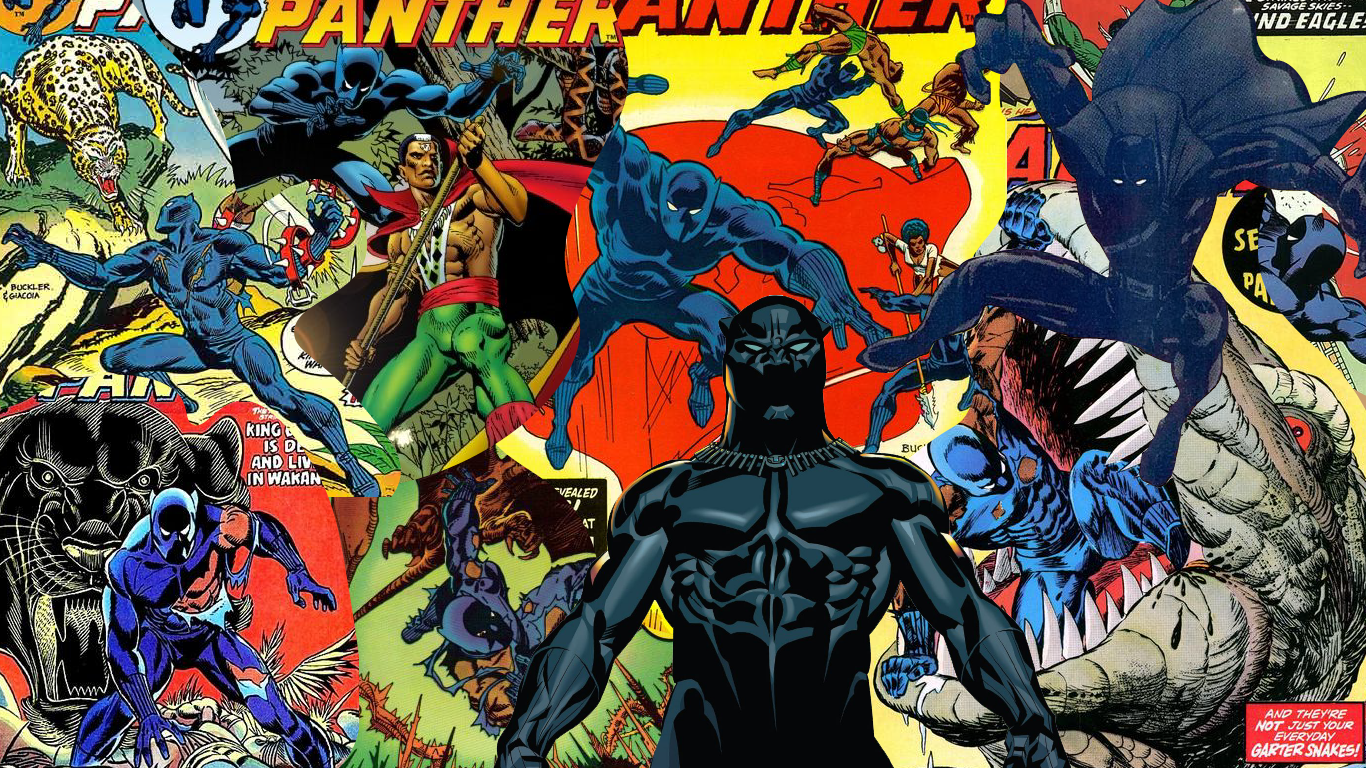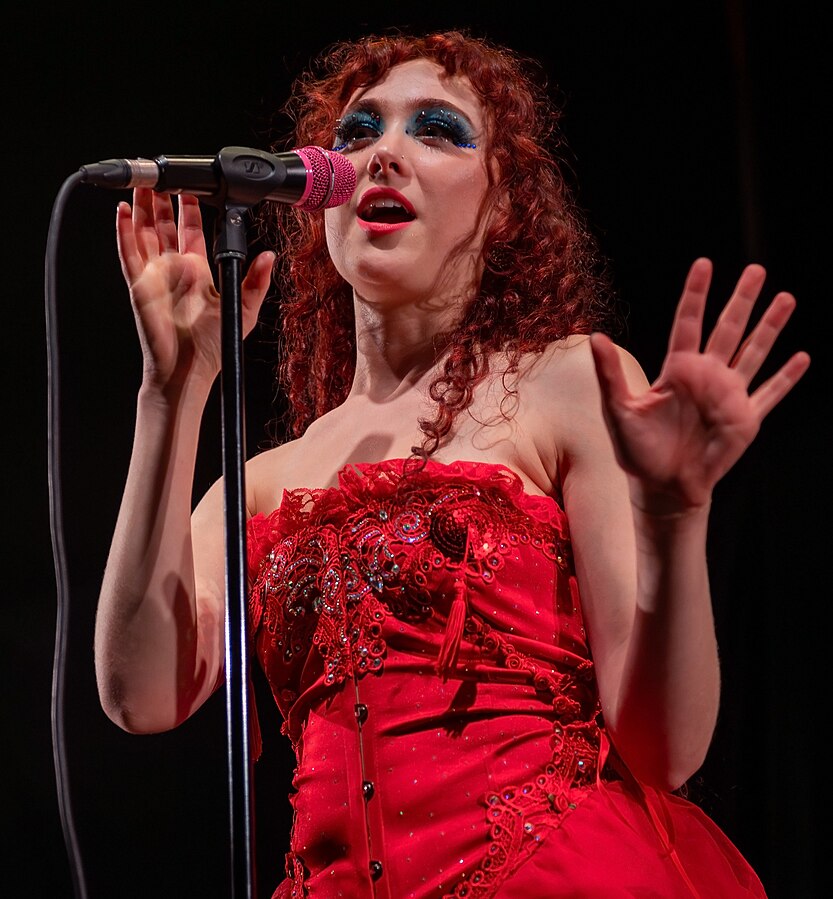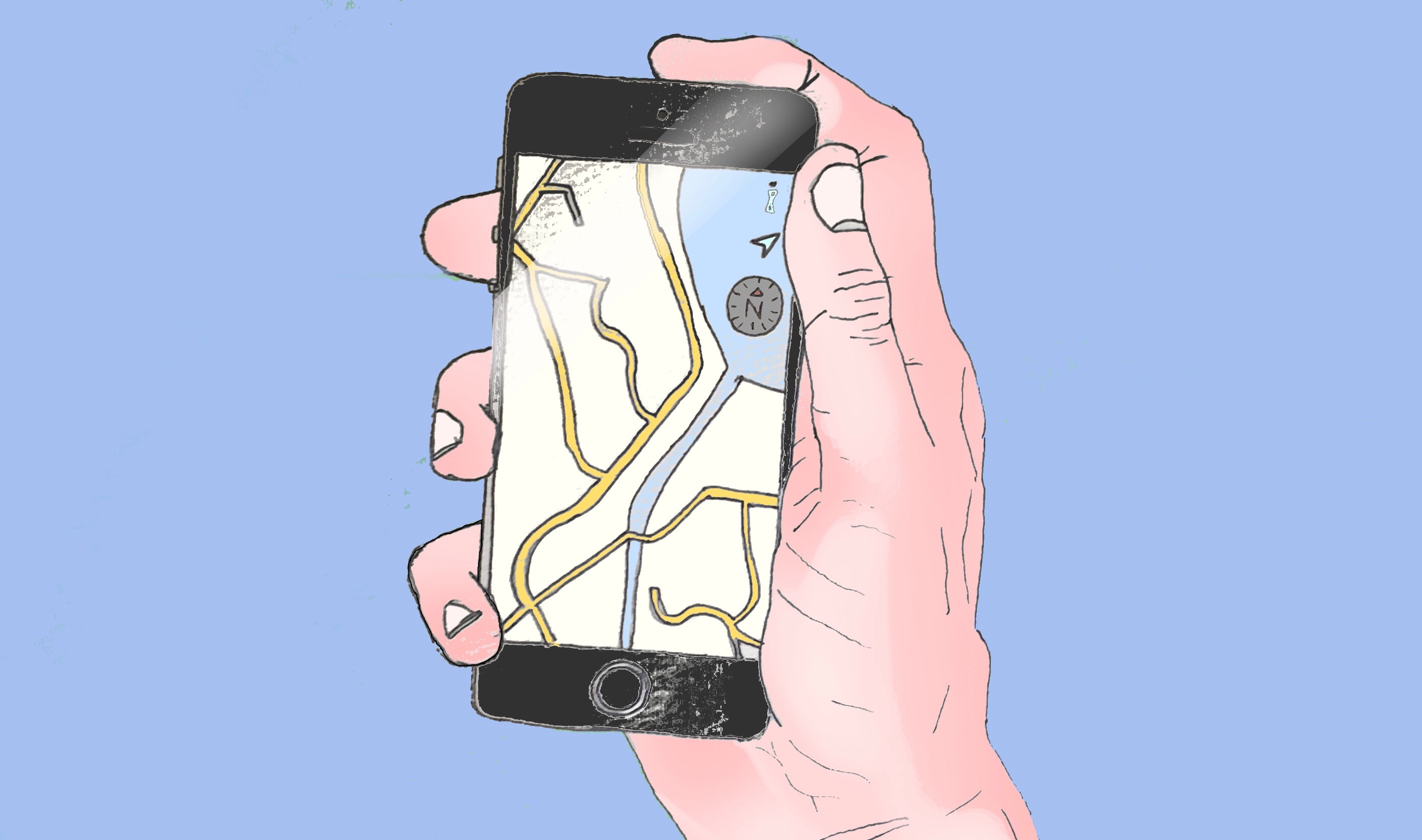
Getting into Art, in broad strokes

‘Everyone in Oxford has an opinion on modern art,’ says Theo Joly, OUDS President and co-director of Art, a new play showing this week at the BT Studio. ‘The person who talks about modern art in the smoking area—we all know someone like that. It’s so annoying.’
Art is an ode to the kind of disagreements over personal taste that can be surprisingly divisive. But it is also about much more: friendship, repressed emotion, and—in this debut production—jazz.
This evening, I am meeting with Theo, his co-director and producer Oli Spooner, and members of the cast to talk about the show.
I meet Oli outside Lincoln College—conveniently, just as a Domino’s delivery driver arrives with the pizzas he has ordered for the cast. He thanks the driver and collects three large boxes. This is my first time behind the scenes of a student production in Oxford, and my apprehensions about the high seriousness of OUDS have already been put at ease.
Art is originally a French-language play by Yasmina Reza which premiered in Paris and saw great success, winning an Olivier Award in 1997 for Best New Comedy and a Tony Award for Best Play the following year. It is the story of three friends—Serge, Marc, and Yvan—whose relationship is put under strain when Serge buys an expensive piece of modern art: a large white canvas.
Its success makes Art a safe choice for the debut of Theo and Oli’s new production company, Grinning Spoon (a playful pun on their surnames). But it is also a play with thematic resonance in Oxford. ‘At the moment, there is a lot of fear around expressing yourself, especially in men,’ Oli tells me. ‘The discussions that happen in the play need to happen more.’
Cast member Jem Hunter (Serge) echoes this: ‘I think the most interesting thing for me in this play is confrontation—being able to accept that you might not like things about your friends, or that you disagree really fundamentally about things, but you can still make it work.’
The play is called Art. I ask the cast whether the artwork at its centre is merely a vehicle to explore friendship struggles, or if those struggles are themselves a way to talk about modern art. Unsurprisingly, opinions differ—interpretation lies at the very heart of this play.
For Rufus Shutter (Marc), the play is first and foremost about relationships: ‘I think of it really as a play about friendship, and that weird feeling when a friend you love, you start to not really like. I think that’s a real thing, especially with old friends.’
But for Jem, the focus of the play is more conceptual: ‘You can also read it the opposite way. The friends represent different attitudes about art or modernity. Marc is more idealistic, whereas Serge thinks you need to love people for what they are, rather than what they should be. And this is a classic distinction between modern and classical art.’
This view has shaped how Jem has approached his character: ‘I see the characters more as types, than real people. That’s why there’s been so much freedom to make the characters our own, which has been fun.’
Rufus reflects on one of his final lines, when Marc says that the white painting represents a man who moves across a space and disappears. He sees it as a metaphor for the play itself: ‘That’s kind of how characters operate: they kind of just appear. The background isn’t really the point—it’s about the interpersonal action that happens across the space of the play.’
From the outset, the directors approached the play with a strong focus on design. ‘We’re both music students, so we are big on sound,’ Theo tells me. ‘We’ve done the sound design ourselves, and that’s a big part of the play.’
Oli hopes that Art will be an exciting experience for the audience. ‘Music is such a powerful medium to convey feeling,’ he explains. ‘It really has the potential to elevate emotion, add comedy, and draw the audience’s attention to things.’
In Art, music helps to navigate the play’s formal shifts, from naturalistic conversation to presentational, almost Shakespearean, monologues. ‘The music serves to kind of separate these two worlds’, Theo explains. ‘The music works almost like full stops or paragraph lines’, adds Oli. ‘It’s like, here we are in the real world, here is some jazz [Oli scats a few lines], here is a monologue.’
The cast are big fans of the music. ‘I think it really enhances it,’ says Ronav Jain (Yvan). ‘It makes it more sit-commy.’ Rufus agrees, ‘it gives a lovely winking tone to the whole play—a little bit jazz-hands, in an ironic way.’ For Jem, this helps the play feel less naturalistic, in a good way: ‘people are invited to see that it’s not specific—its bigger than that.’
This spirit of openness has been a defining quality of the rehearsal process, too. ‘I don’t like the concept of a director-actor hierarchy,’ says Theo, when I ask him about his approach. ‘Egalitarian’ is a word which comes up a few times in our conversation.
‘It’s always a good sign when your actors start offering ideas,’ Oli adds. ‘It feels like you’ve done something right—that they feel respected enough to say, what about this? Directing is about collaboration as much as telling people what to do. We are working together to create a piece of art’—literally.
This collaboration has been important in shaping the final production. ‘When we have felt unsure about our own vision,’ says Theo, ‘the cast have really reassured us—sometimes just with their performances.’
‘We had a rehearsal the other day where we were questioning whether to change the staging,’ Oli tells me. ‘The cast were immediately like, No no no. Then they completely switched up—gave a million percent. It was amazing. They really care about the show.’
I ask them how they will judge the success of Art.
‘For me, it’s just: have I done my best to present what I wanted to, and am I happy with the result?’ Oli says. ‘If I can look at the final performance and see my vision come to life, that’s success.’
Theo responds with admirable candour: ‘Maybe I’m the worse person for saying this—but I hope that people react. Maybe that’s how I judge it, which is interesting because that’s what the play is about. If they laugh, if they have an emotional reaction, that’s what matters.’
‘I think any reaction is a fun reaction’, Oli adds. ‘It’s indifference that’s bad. If someone comes out really angry at us for making this or really loving it, that’s pretty great.’
Theo laughs. ‘That should be our tagline: Don’t be indifferent.’
Art is a play designed to provoke—whether in matters of taste, or friendship. If it leaves you with anything, let it be the directors’ dictum against indifference. Have an opinion. Just maybe refrain from sharing it in the smoking area of a club.∎
Words by Carolina Julius. Photo courtesy Theo Joly.







